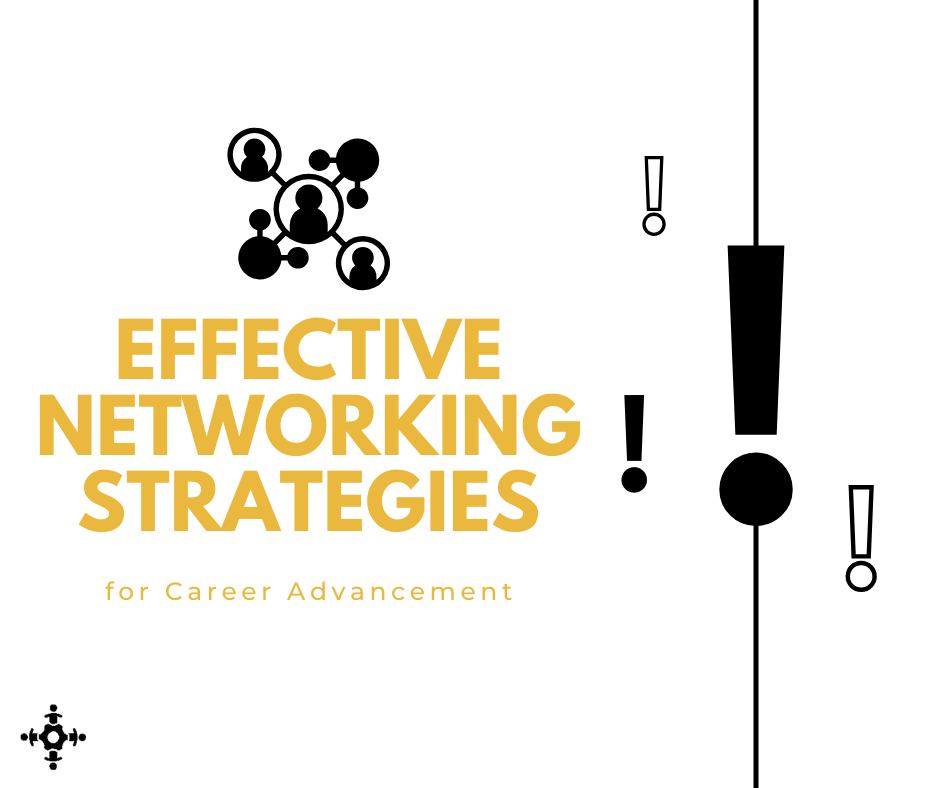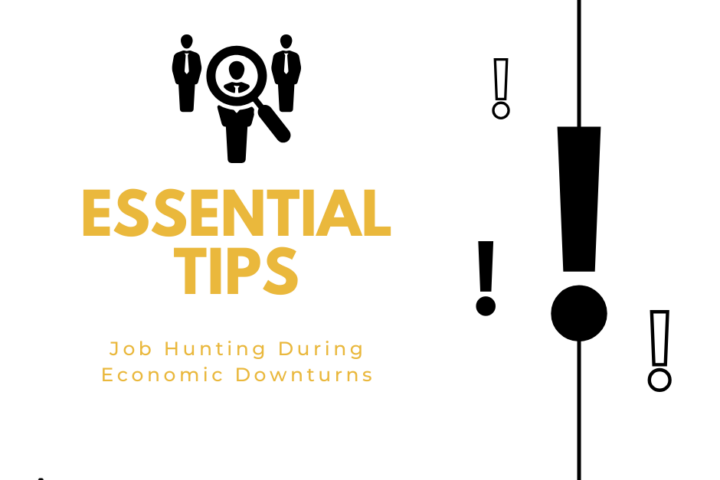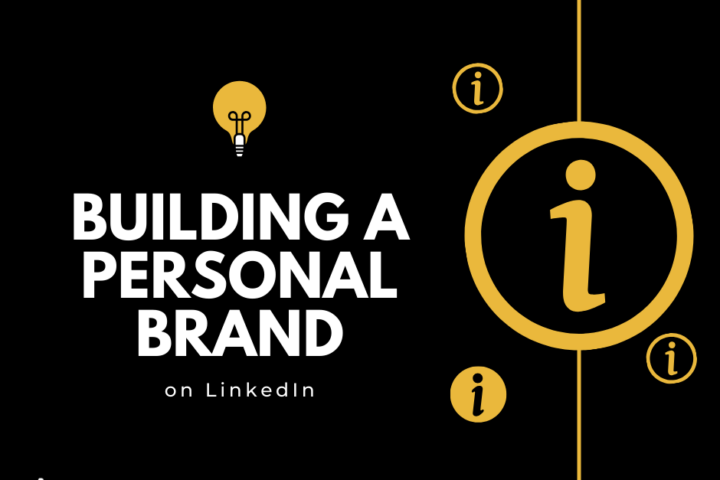Effective Networking Strategies for Career Advancement
Home » Candidate Advice » Effective Networking Strategies for Career Advancement
Networking is a powerful tool for career advancement. It opens doors to new opportunities, helps you gain insights into your industry, and connects you with potential mentors, partners, and employers. Effective networking can significantly impact your success, whether you’re just starting out or looking to take the next step in your career. This article explores strategic networking techniques that can help you build meaningful professional relationships and advance your career.
Understand the Purpose of Networking
The first step in effective networking is understanding its purpose. Networking isn't just about collecting business cards or adding connections on LinkedIn; it’s about creating genuine, mutually beneficial relationships. The goal is to develop a network of contacts from which you can give and receive information, advice, support, and opportunities.
1. Start with a Clear Goal
Before attending networking events or contacting potential contacts, define your networking goals. Are you looking for a job, seeking advice on career advancement, or exploring business opportunities? Having clear goals helps you identify the suitable events to attend and the right people to connect with.
- Example: If you’re looking for a job in the tech industry, you might aim to connect with current employees at leading tech companies or recruiters who specialize in tech placements.
2. Leverage Both Online and Offline Networks
In today’s digital age, networking isn’t limited to in-person events. Online platforms like LinkedIn, Twitter, and industry-specific forums are valuable for connecting with professionals worldwide.
- Online Networking: Optimize your LinkedIn profile with a professional photo, compelling summary, and detailed experience section. Participate in discussions, share relevant content, and engage with others’ posts to increase your visibility and credibility.
- Offline Networking: Attend industry conferences, seminars, and local professional gatherings. Joining professional organizations can also offer networking opportunities through workshops, meetings, and conferences.
3. Practice Your Elevator Pitch
An effective elevator pitch is a concise and persuasive summary of your professional background, goals, and what you can offer. It’s crucial for making a solid first impression. Your pitch should be no longer than 30 seconds and end with an open-ended question inviting conversation.
- Example: "Hi, I’m Jane Doe, a digital marketing specialist with five years of experience increasing brand visibility and engagement online. I’m particularly passionate about data-driven marketing strategies. How do you approach incorporating analytics into your marketing efforts?"
4. Be Genuine and Curious
Networking is most effective when you show genuine interest in the other person. Ask thoughtful questions, listen actively, and engage in meaningful conversations. People are likelier to help and connect with someone who shows genuine interest and respect.
- Example: Instead of just talking about yourself, ask your new contact about their recent projects or challenges they face in their role.
5. Follow Up and Keep in Touch
Building a network isn’t just about making initial contacts; it’s about maintaining those relationships over time. After meeting someone new, send a follow-up email or message to express appreciation for their time and reiterate any key points or mutual interests that were discussed.
- Example: "It was great meeting you at [event]. I enjoyed our conversation about [topic] and would love to keep in touch."
6. Offer Help Before You Ask for It
Networking is a two-way street. Look for opportunities to assist others. Whether providing information, making an introduction, or offering feedback, showing that you’re also a resource can make your network more willing to support you in return.
- Example: If someone mentions they are looking to hire for a position you’re not interested in, offer to connect them with someone you know who may be a good fit.
7. Stay Patient and Persistent
Effective networking doesn’t usually yield immediate results. It requires patience, persistence, and ongoing effort. Continue to attend events, participate in discussions, and reach out to your contacts regularly—not just when you need something.
To Conclude
Effective networking is about much more than just meeting people; it’s about building relationships that help you grow professionally. Approaching networking with clear goals, engaging genuinely with others, and maintaining those connections can significantly enhance your career prospects and professional development.



